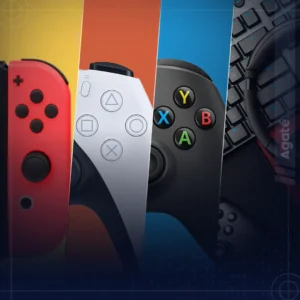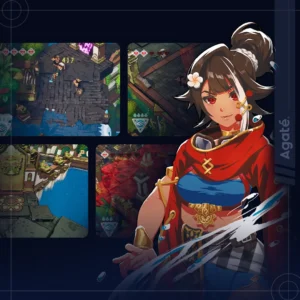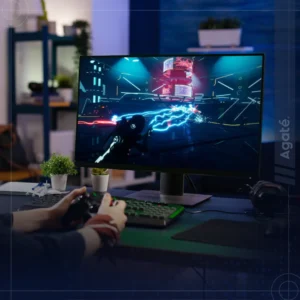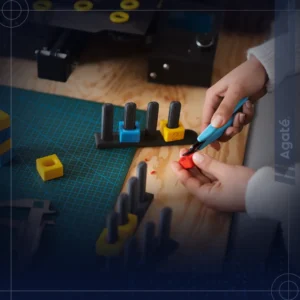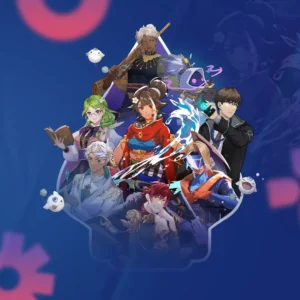Video games are a form of entertainment that has grown increasingly popular over the years. They offer a unique interactive experience that can transport players to new worlds and challenge them in ways that traditional media cannot. While many people are familiar with the role of game designers and programmers in video game development, the role of technical artists is less well-known. However, technical artists play a vital role in creating the stunning visuals and immersive experiences that make compelling video games.
So, what exactly is a technical artist? In simple terms, a technical artist is a professional who combines artistic skills with technical expertise to create visually appealing and technically sound products. The role of technical artists is vital to developing successful video games. Without their expertise, video games would lack the visual flair and technical precision that make them so engaging. Technical artists contribute to creating visually appealing and technically sound products by ensuring that the art assets and visual effects in a game are optimized for performance and that they run smoothly on various platforms. They also help to streamline the production pipeline by creating tools and processes that allow for more efficient development and collaboration between the art and programming teams.
What are Technical Artist Responsibilities?
In the game industry, technical artists are responsible for ensuring that the visual elements of a game are not only aesthetically pleasing but also functional and optimized for performance. They are responsible for creating 3D models, textures, and animations that meet both artistic and technical requirements, as well as creating tools and processes to streamline the production pipeline and troubleshoot technical issues that arise.
What Are the Important Skills for a Technical Artist?
- Artistic Skills:
Technical artists must have a good eye for art and design. They should be able to create 3D models, textures, and animations and understand color theory, composition, and lighting well. - Strong Technical Background
Technical artists must have a solid understanding of game engines, scripting languages, and software tools used in game development. They must be able to write code, create shaders, and troubleshoot technical issues. - Problem-solving Skills
Technical artists must be able to solve complex problems and find creative solutions to technical challenges. They must be able to analyze code, identify performance bottlenecks, and troubleshoot issues with art assets and visual effects. - Communication Skills
Technical artists must be able to communicate effectively with other members of the development team, including programmers, artists, and designers. They must explain technical concepts in simple terms and collaborate effectively with other team members. - Adaptability
Technical artists must be able to adapt to changing project requirements and be able to work effectively in a fast-paced, deadline-driven environment. They must learn new tools and techniques quickly and be willing to take on new challenges. - Attention to Detail
Technical artists must have excellent attention to detail and be able to spot even minor errors in code or art assets. They must be able to work meticulously to ensure that their work is accurate and meets the highest quality standards. - Continuous Learning
Technical artists must be committed to continuous learning and staying up-to-date with the latest game development tools, techniques, and trends. They should be willing to attend training courses, conferences, and other industry events to expand their knowledge and skills.
Conclusion
In conclusion, technical artists play a vital role in developing successful video games. Their unique combination of artistic skills and technical expertise allows them to create visually appealing and technically sound products that captivate players and keep them engaged. The skills required to become a technical artist are diverse and challenging, but the rewards can be immense for those with the passion and drive to succeed. So, the next time you enjoy a video game, take a moment to appreciate technical artists’ work and acknowledge their essential contributions to the video game industry.

